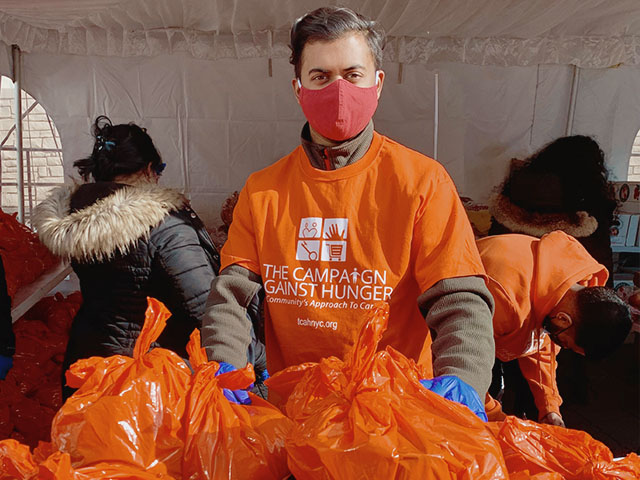Urban ‘victory garden’ is win-win for seniors with health problems
Source: The Grio article by Todd Johnson –
Brooklyn, New York — At 73 years old, Marguerite Alston can now garden with the best of them.
Alston and a group of seniors have rededicated their lives to regular exercise and healthy eating–and are learning to create their own diet plans right from the ground up.
“It’s wonderful to say, ‘We planted that,'” said Alston, who lives in Brooklyn. “We get out there and water and grow what we can.”
The seniors are clients of BedStuy Campaign Against Hunger, a food pantry which received grant money from the United Way to start this urban farming initiative.
“We had quite a few seniors [participate]” said Melony Samuels, the pantry’s executive director. “[They’re] not just exercising, but they’re enjoying what they’re doing. And they’re seeing results.”
The majority of the clients are African-American, many of whom suffer from diabetes and high blood pressure. The program, dubbed “Victory Garden,” not only has the seniors gardening and learning to eat healthier, it helps track their medical information such as their weight and blood pressure levels.
“I just recovered from prostate cancer and I’m in great shape now,” said Robert Mahoney, 66. “So I’m trying to take care of myself–get better and better.”
Other senior gardeners are also seeing improvements.
“I suffer from high blood pressure and diabetes,” said Betty Smith, 62 and resident of Queens. “[And] since I entered the program, my diabetics is under control–my pressure is moderate.”
Statistics show African-American adults are especially at risk for diabetes and high blood pressure compared to other groups.
Melony Samuels said this initiative is small step towards a bigger goal.
“[And] it’s my desire that, when it’s all over, these seniors will actually begin to grow their own [food],” she said. “And we can expand – invite so many more to experience what it means to eat and live healthy.”
The small group of seniors meet 2-3 times a week, working in the garden and participating in light exercise.
Marguerite Alston said her and many of her peers are “getting up there in age,” but the program can still have a long-term impact.
“[Because] when we eat better, we can teach our children to eat better,” Alston said. “I’m not going back to the way I used to eat.”




